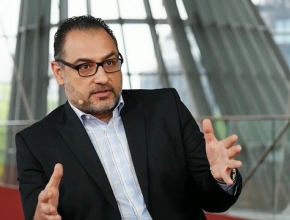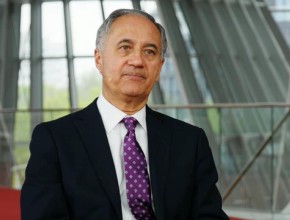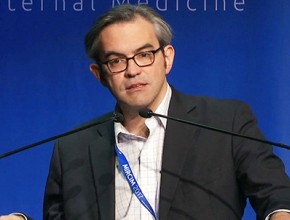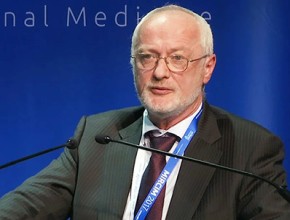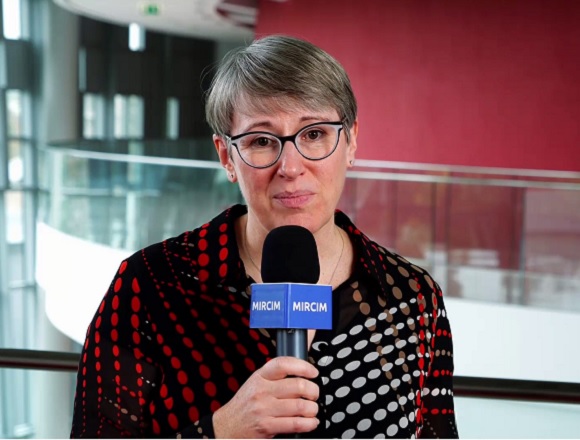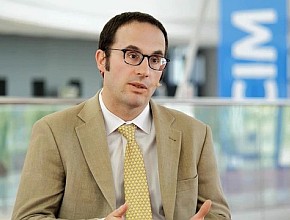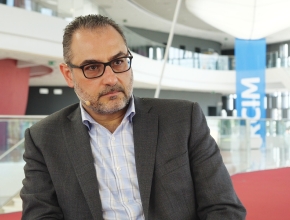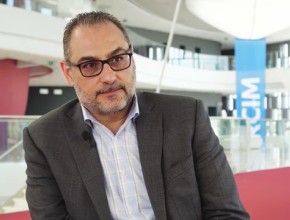What are the ultimate goals of continued professional development (CPD)? Are they achievable?
Khalid Azzam: The big goals of CPD at a physician level are acquiring new skills, knowledge, and attitudes; and ensuring that the physician is competent or ensuring this continuous competence. When a physician finishes their training they are competent, but we want to ensure that continuous competence in their practice.
The most important thing is providing highest-quality patient care. Are we able to achieve that? Hopefully one day we will. The CPD world is wide. I see a huge variety in it and there are different bodies involved. But we as physicians and as the public look at what are the qualities of a CPD offering that will ensure that this will achieve the goals that we want.
We know from the medical education literature that the evidence is for an activity that is developed based on sound educational process, mainly the activity that meets the needs of the learner, the physician; whether their perceived needs, things that they know that they should learn, or unperceived needs, or things that they actually do not know that they should learn—through a certain assessment process you find them out and actually they learn them. This is a very important part.
Activities should be interactive. The higher the interactivity, the more the knowledge that you can acquire and more the potential of changing your attitude and acquiring the skills. A panel discussion is better than just a lecture. A workshop is even at a higher level. If you do a simulation or hands-on practice, as we see in some workshops, these are really excellent ways of acquiring the knowledge. The learning should be in different modalities. There should be different forms of delivery. You read an article, you attend a lecture, you do a workshop, and you do some different things, you read something online. All these things are actually different modalities that will improve the learning.
One of the most important things that we have learned from medical education literature is something called sequencing. Sequencing is—you cannot just learn something one time. If you go for a lecture, you hear new knowledge, that is great. This has to be reinforced maybe a week later by a reading of something, or a month later by a repeat of the lecture, or a while later by doing an online thing. This repeated exposure to the same knowledge will more likely lead to that knowledge staying with you as a physician and hopefully change your attitude and your practice. These are the key points that we have learned from the literature.
Because one of the ultimate goals of CPD is improving patient care and effective patient care, and remember we mentioned that medicine is a team sport [see Differences between CPD and CME], interprofessional learning is very important. The more we could do learning closer to the patient, learning closer to the point of care where we provide care, and learning in teams, interprofessional learning, the better things would be. [And add] on top of that something about continuous quality improvement in care.
When you look at point-of-care learning, interprofessional learning, and continuous quality improvement, these would be the key pillars, in my opinion, the future of CPD, and especially competency-based CPD.
 English
English
 Español
Español
 українська
українська

